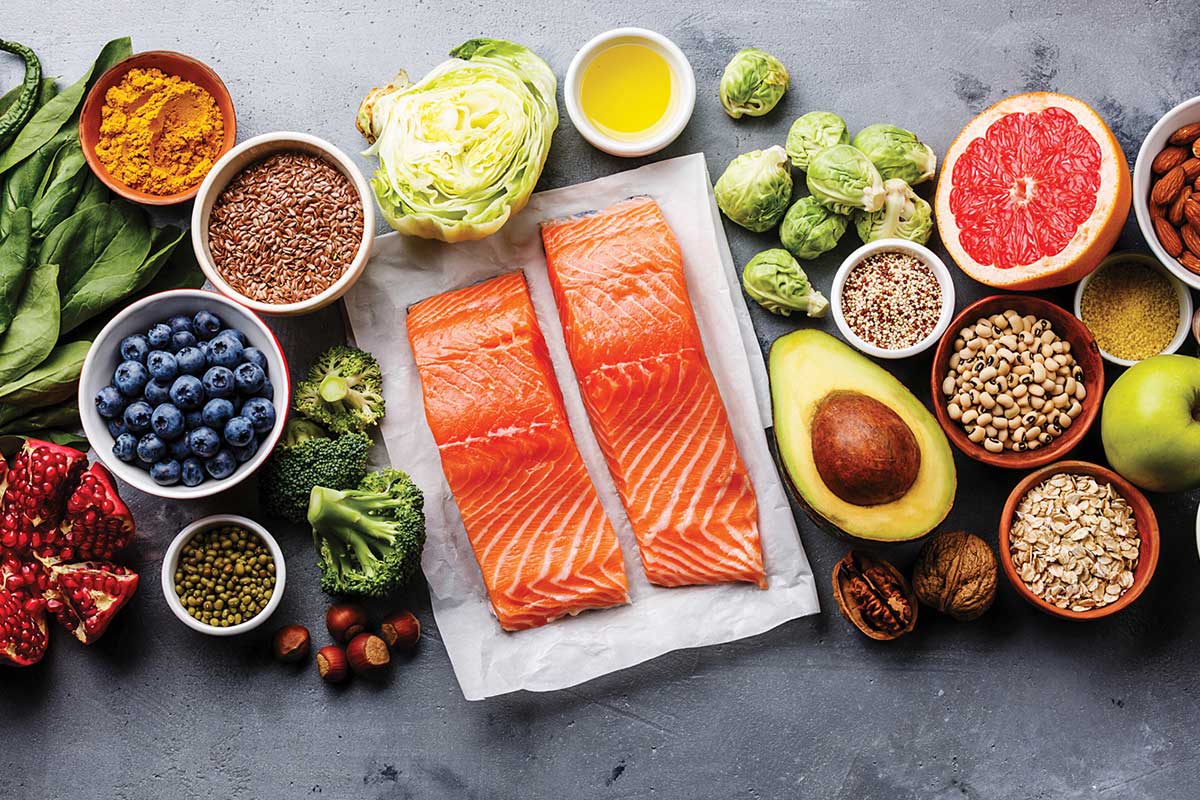
How Nutrients Are Commonly Overlooked
Most people shop for groceries with the assurance that the foods they’re purchasing will support their health and well being. We can see this from the growing popularity of farmers markets and major health food chains across North America.
Fruits and vegetables that we’ve been eating since our early childhood have been assumed to be rich in vitamins and nutrients. Investigating further, we find that many of these foods are grown for resale in quantity, not quality.
We have a strong reliance on government regulatory bodies like the FDA and USDA to monitor and safeguard the foods we cultivate, yet most of our produce is GMO (genetically modified organisms). This means the foods we often eat are contaminated with herbicides, pesticides, and have low quantities of trace minerals.
Nutrients play an important role in fitness and bodybuilding, since nutrients are used as coenzymes for digestion and distribution to the body’s cells. Without proper nutrition in a diet, muscle building becomes difficult and deficiencies can develop over time.
Understanding our daily nutrient requirements can prevent any of these worst outcomes.
Nutritional Recommended Daily Amounts
Finding sources of food that are high in nutritional value can be a challenge at times, but a little knowledge on what and where to shop can help greatly.
Your recommended nutrients are almost never found in processed foods, so there’s one place you don’t have to look.
Processed foods, like rice, often have enriched or fortified vitamins added to replace the ones lost during refining. These vitamins are synthetic and poor in quality as they’re made from toxic chemical processing (hence the name processed food).
Foods high in nutritional value can be found in the produce and meat section of most conventional supermarkets. The best source would be local farmer’s markets, since the produce is sold in low quantity and less likely to have chemicals sprayed on them.
Your nutrients would be classified into four types:
Fat Soluble Vitamins:
Vitamin A: 3,000iu
Vitamin D: 10,000iu
Vitamin E: 15mg
Vitamin K2: 150 micrograms
Water Soluble Vitamins:
Vitamin B1: 1.2mg
Vitamin C: 90mg
Minerals:
Potassium: 4,700g
Sodium: 1.5g
Magnesium: 420mg
Calcium: 1000mg
Trace Minerals:
Zinc: 1.5mg
Iodine: 150 micrograms
How Nutrients Can Be Preserved or Altered
As depleted as many nutrients already are in our diet, we can lose even more from the methods we prepare our food. Cooking a nutritious meal should be a priority, but this can be ruined by overcooking or heating food for long periods of time.
Since Vitamins B and C are both water soluble, boiling nutrient dense foods tends to seep the vitamins into the water. To avoid this, you can sautée or stir fry the vegetables for 5-10 minutes in a cooking oil of your preference.
Frying food can also preserve these water soluble vitamins, but will alter most of the Omega-3 fatty acids found in fish. If frying, try to avoid hydrogenated oils and stick with healthier options.
The Wrap Up
To have an adequate amount of nutrients within our bodies, we should have a proper understanding of the foods that’s needed in our diet. Choosing the best sources of food is even more important, since poor soil quality and genetically modified produce has lower quality of vital nutrients. To make impactful changes to our agriculture, it’s ultimately up to the individual to audit the groceries that are purchased and consumed on their plate.


Leave a Reply
You must be logged in to post a comment.